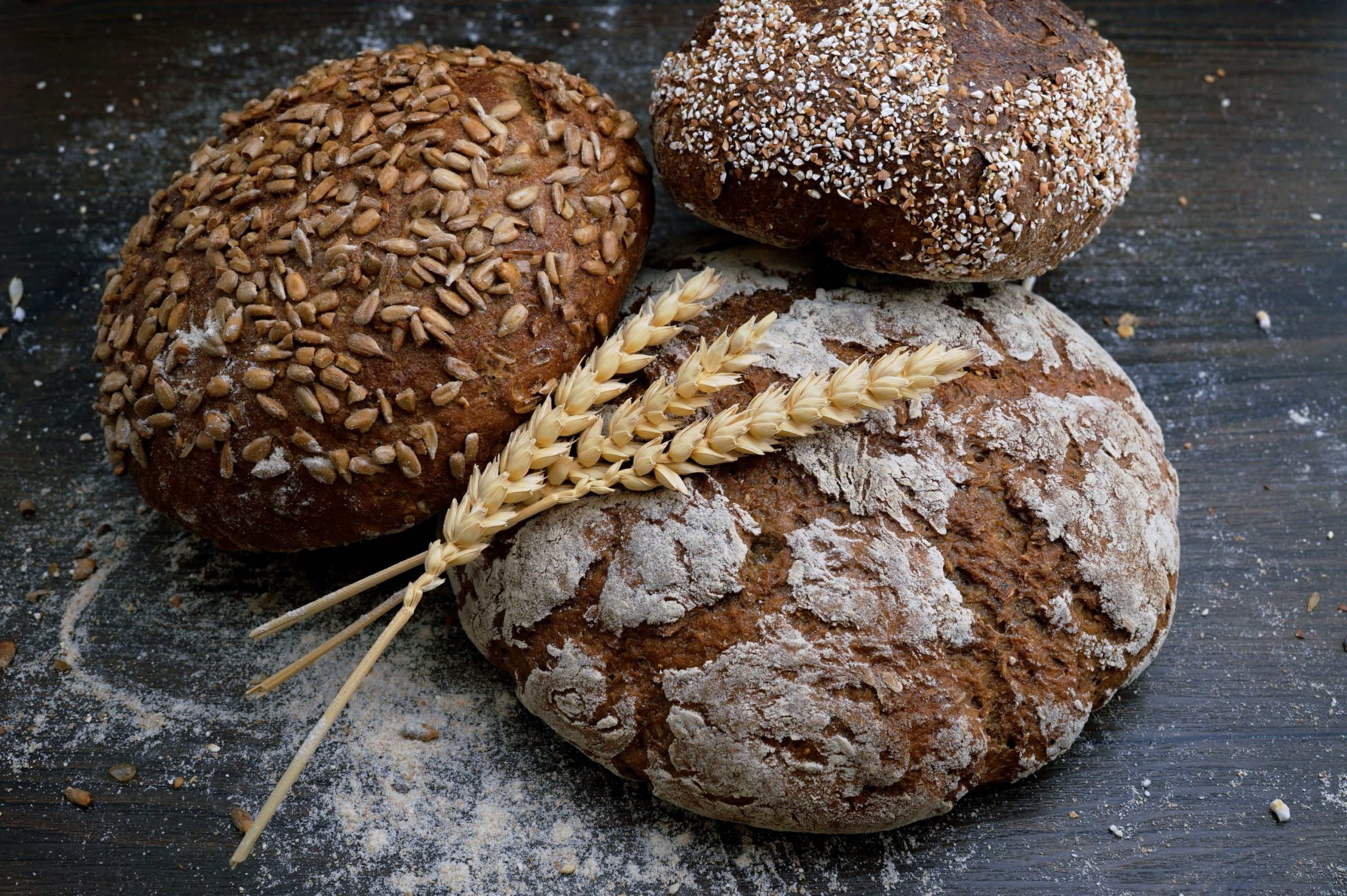Hidden Heading

Gluten-Free Products: A Comprehensive Guide
Hello there! If you’re like me, a passionate enthusiast about all things healthy and nutritious, you’ve probably wondered about gluten-free foods. Let’s take a deep dive into what gluten-free means, the benefits, popular products, risks, and some helpful tips.
What Does Gluten-Free Mean?
Gluten is a protein found in wheat, barley, and rye. Gluten-free means that the food does not contain this protein or has been processed to remove most of it.
How Gluten Affects Your Body
For some people, consuming gluten can lead to issues like inflammation and digestive problems. Individuals with celiac disease, for instance, can experience severe symptoms when they consume gluten.
Benefits of Going Gluten-Free
Choosing gluten-free foods can offer numerous health benefits. Let’s explore some of them.
Improvement in Digestive Health
Switching to gluten-free foods can significantly improve digestive health, especially for those with gluten intolerance or celiac disease.
Increased Energy Levels
Many people report feeling more energetic after going gluten-free. This could be due to the reduction in inflammation and digestive issues.
Weight Management
Some individuals find it easier to manage their weight when following a gluten-free diet. It’s worth noting, however, that this isn’t a universal effect and depends on individual dietary choices and lifestyle.
Popular Gluten-Free Products
There’s a wide variety of gluten-free foodsavailable in the market. Let’s look at a few.
Gluten-Free Breads
Gluten-free bread is a great alternative for those who can’t tolerate gluten. It’s made with grains like rice, corn, or quinoa instead of wheat.
Gluten-Free Pasta
Just like bread, pasta is another staple that often contains gluten. However, gluten-free pasta options, made from rice, corn, or even legumes, are now readily available.
Gluten-Free Snacks
From energy bars to chips, there are plenty of gluten-free snack options available that can satisfy your cravings.
The Risks of Gluten-Free Products
However, as with anything, there are some risks associated with gluten-free products

Nutritional Deficiencies
Gluten-free products can sometimes lack essential nutrients like fiber, iron, and B vitamins. It’s important to ensure you’re getting these nutrients from other sources. These deficiencies can also affect your teeth and gums, so consider seeing a nearby dentist if symptoms appear.
Cross-Contamination
Even when a product is labeled gluten-free, there’s a risk of cross-contamination if it’s processed or prepared in the same facility as gluten-containing foods.
Hidden Gluten
Surprisingly, some products labeled as ‘gluten-free’ might still contain traces of gluten. Hidden sources of gluten can include certain types of soy sauce, malt vinegar, and even some medications.
Tips for Choosing Gluten-Free Products
To minimize the risks associated with gluten-free foods, consider these tips.
Reading Labels
Always check labels for hidden sources of gluten. Watch out for terms like ‘wheat’, ‘barley’, ‘rye’, and ‘malt’.
Choosing Whole Foods
Opt for whole, unprocessed foods whenever possible. Fresh fruits, vegetables, lean meats, and most dairy products are naturally gluten-free.
Avoiding Processed Foods
Many processed gluten-free foods are high in sugar and lack nutrients. Try to limit your intake of these.
Conclusion
Going gluten-free can offer numerous health benefits, especially for those with gluten intolerance or celiac disease. While there are many gluten-free foods available, it’s important to be aware of the potential risks and make informed choices. Remember, going gluten-free is not just about avoiding gluten, but also about embracing a balanced, nutritious diet.
Frequently Asked Questions (FAQs)
1. Are all gluten-free foods healthy? Not all gluten-free products are healthy. Some can be high in sugar and low in nutrients. It’s important to read labels and make informed choices.
2. Can I eat gluten-free even if I don’t have celiac disease? Yes, you can. Many people choose to go gluten-free for various reasons including improved digestion and increased energy levels.
3. What are some naturally gluten-free foods? Fruits, vegetables, lean meats, fish, eggs, and most dairy products are naturally gluten-free.
4. Can gluten be hidden in some products? Yes, gluten can sometimes be hidden in products like soy sauce, malt vinegar, and certain medications.
5. How can I ensure my diet is balanced when going gluten-free? Choose a variety of whole foods like fruits, vegetables, lean proteins, and gluten-free grains. Also, consider supplementing with vitamins and minerals if necessary.